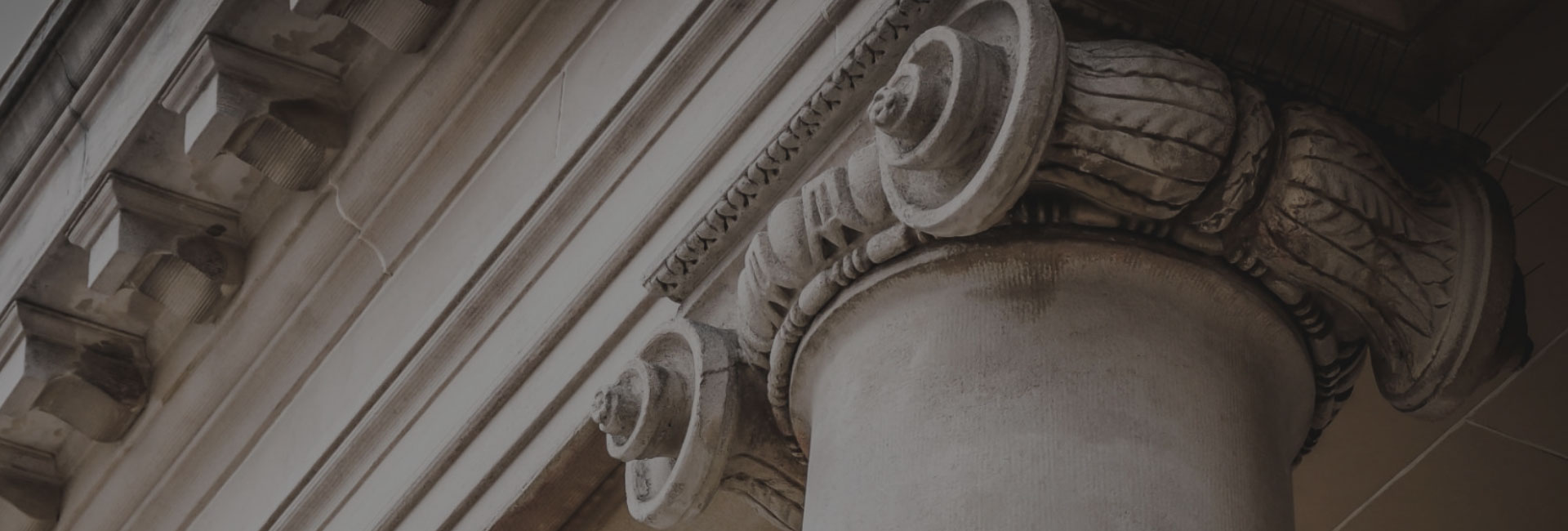
New Medical Debt Relief Act Overview for Debt Collection Practitioners
Louisa Carman Medical Debt Relief Act: Key Provisions and Compliance for Debt Collectors
By David Levine, Esq.
This article summarizes some of the key provisions of a new statute, the Louisa Carman Medical Debt Relief Act (the “Act”), including new obligations that all medical debt collectors need to be aware of. Named after a Governor Murphy administration staffer who died in a car crash, most of the Act’s provisions are scheduled to take effect on July 22, 2025, and are intended, among other things, to help New Jersey families avoid falling into deep medical debt, and protect individuals from predatory medical debt collectors. This Act is very stringent, and knowing and preparing to comply with its many intricacies will ensure continued success in your medical debt collection practice.
First, “Medical debt,” as defined in the Act, means a debt arising from the receipt of health care services. “Medical debt” shall not include, amongst other things, debt arising from an insurance payment for the health care provider’s services but retained by the subscriber. Therefore, the Act does not pertain to debts where insurance proceeds were paid to subscribers but never turned over to the provider.
Second, the Act requires that patients be offered “Reasonable Payment Plans,” which means a structured repayment arrangement that satisfies the following: (1) monthly payment amounts set at a level that the patient can reasonably afford or not more than 3% of the patient’s monthly income, if known; (2) duration to allow the patient to repay debt in full within a reasonable timeframe, which is between six months and five years; (3) a plan to include provisions for adjusting the payment amount and duration in response to significant changes in the patient’s financial circumstances; (4) payment plan terms that are clearly documented in writing and include the total amount owed, the monthly payment amount, the payment schedule, and any interest charged; (5) a plan to provide a grace period of at least 60 days for late payments; and (6) a plan not to charge interest of more than 3% per annum.
Other Key Provisions of the Act Include:
- Prohibition on Medical Debt Reporting: The Act prevents reporting the patient’s medical debt, with a few exceptions, to any consumer reporting agency. This provision takes effect immediately.
- Requirements Prior to Collection Actions: No collection actions can be taken until 120 days after the first bill for a medical debt has been sent, and the creditor has offered the patient who owes the medical debt a Reasonable Payment Plan. Also, at least 30 days before taking any collection actions, a medical creditor must provide the patient with at least one additional bill and a notice containing the following: (1) identifying the collection actions that will be initiated in order to obtain payment; and (2) a deadline after which such collection actions will be initiated, which date is no earlier than 30 days after the date of the notice.
- Additional Language on Communications: Any communication made by a medical creditor or medical debt collector to a patient in the course of trying to collect a medical debt shall include a statement, in at least 14-point boldface font, that the medical creditor or medical debt collector has not reported the debt to a consumer reporting agency and that if the debt, or any part of it, has been reported to a consumer reporting agency, the portion reported is void.
- Limitation on Interest Rate: Medical creditors and medical debt collectors may not charge interest of more than 3% per annum. This also applies to judgments that were based upon medical debts.
- Limitation on Wage Garnishments: Medical creditors and medical debt collectors may not garnish the wages of a patient with an annual income less than 600% of the federal poverty level.
- Appeal of Health Insurance Decision: A medical creditor or medical debt collector that knows that an internal review, external review, or other appeal of a health insurance decision which provides the basis for medical debt is pending shall not: (1) communicate with the patient regarding the unpaid charges for health care services for the purpose of seeking to collect the charges; or (2) initiate a lawsuit against the patient relative to unpaid charges for health care services.
We strongly recommend you begin implementing the “Requirements Prior to Collection Actions” and “Additional Language on Communications” sections of the Act no later than January 2025 so that you are in a position to submit claims for collections that comply with the Act if and when the need arises. FSKS will continue to monitor this pending legislation and will keep our collection clients and partners apprised of any updates.
In the meantime, if you have any questions about the Act, or medical or other debt collection protocols and procedures, please contact David Levine, Esq. at dlevine@fskslaw.com or 973-538-4700, Ext. 126.






